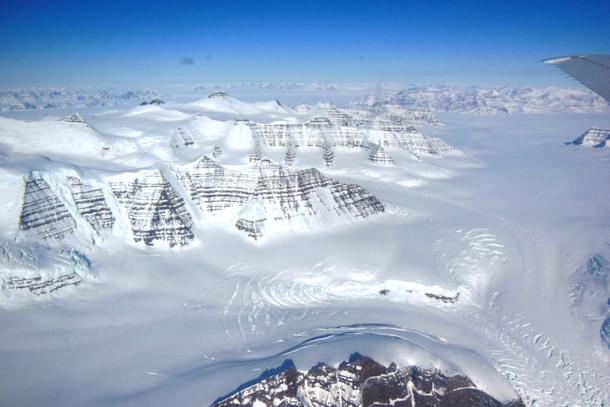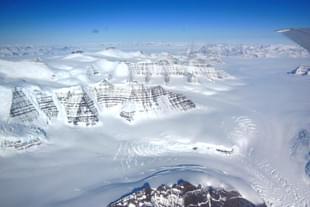News Brief
Unprecedented Antarctic Warmth: Winter Temperatures Soar In Alarm For Coldest Continent
Swarajya Staff
Aug 04, 2024, 01:03 PM | Updated 03:07 PM IST
Save & read from anywhere!
Bookmark stories for easy access on any device or the Swarajya app.


A record-breaking heat wave occurring during what should be the coldest time of the year in Antarctica is raising concerns about the future health of the continent and its global impacts.
Since mid-July, temperatures have soared up to 10 degrees Celsius above normal in parts of Antarctica, and this unusual warmth may persist through early August, as per a report by the CNN.
Also read: Ayodhya: Yogi Government's Bulldozer Action On Rape Accused SP Leader Moeed Khan, Bakery Demolished
According to the same report, temperatures in East Antarctica are now closer to minus 25 to minus 30 degrees Celsius. While these temperatures remain frigid, they are comparable to extreme cold experienced annually in places like Bismarck, North Dakota.
This unexpected warmth in Antarctica, known for its severe winter cold, is alarming, as the continent's ice holds the potential for significant sea level rise due to climate change.
Antarctica's ice holds most of the planet’s freshwater, and its complete melting could raise global sea levels by over 150 feet. Even the melting of smaller ice features, such as the Doomsday Glacier, could raise sea levels by 10 feet, posing catastrophic risks to coastal communities worldwide.
While the current heat wave hasn't matched the 2022 temperature departures, it has been more extensive and long-lasting, according to Ted Scambos, a glaciologist at the University of Colorado Boulder. The differences between the two events are primarily due to atmospheric conditions.





